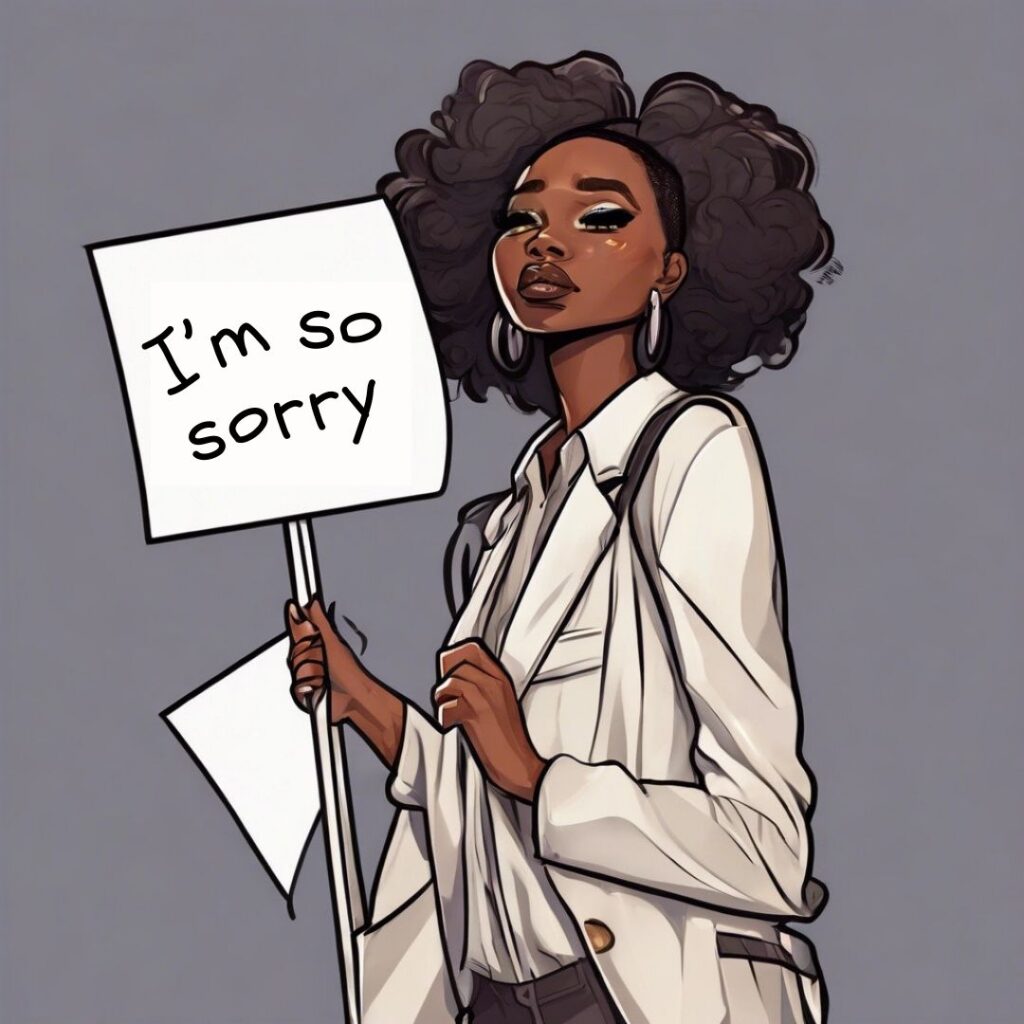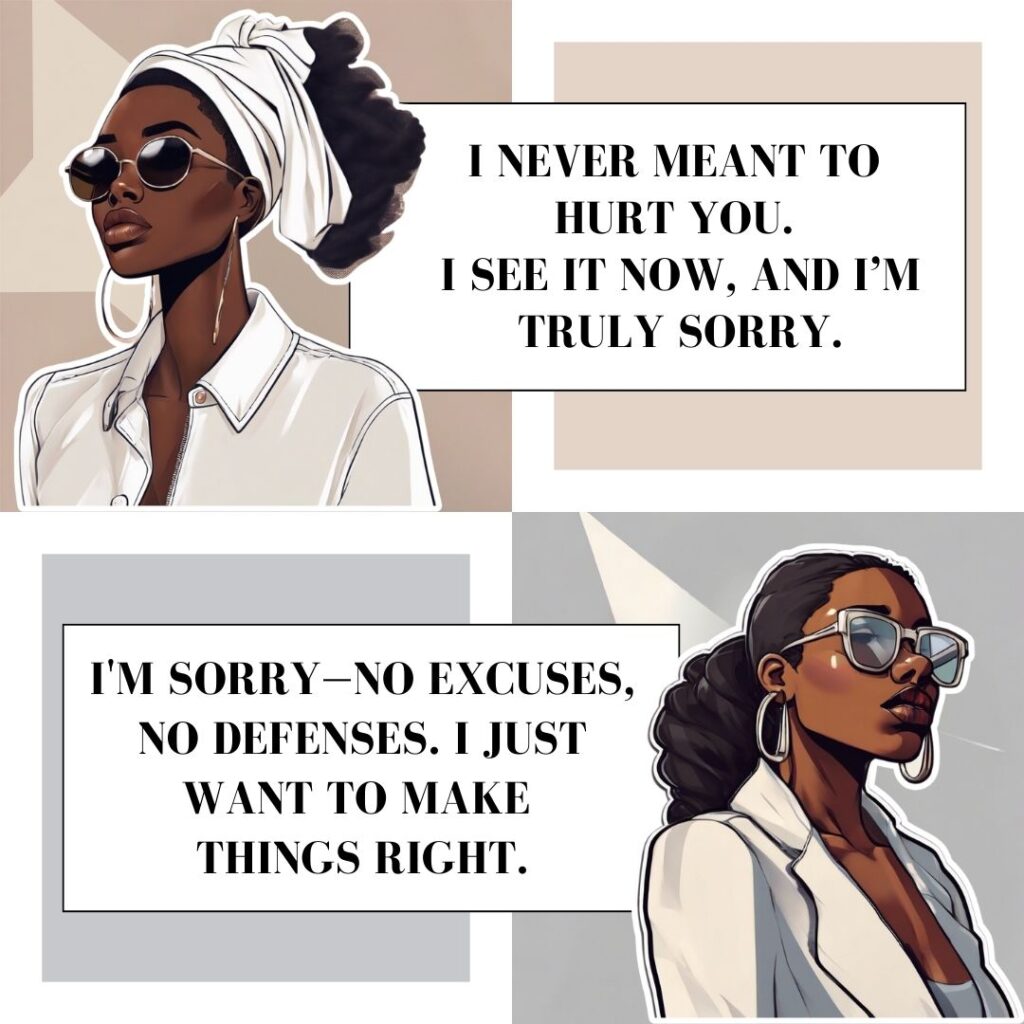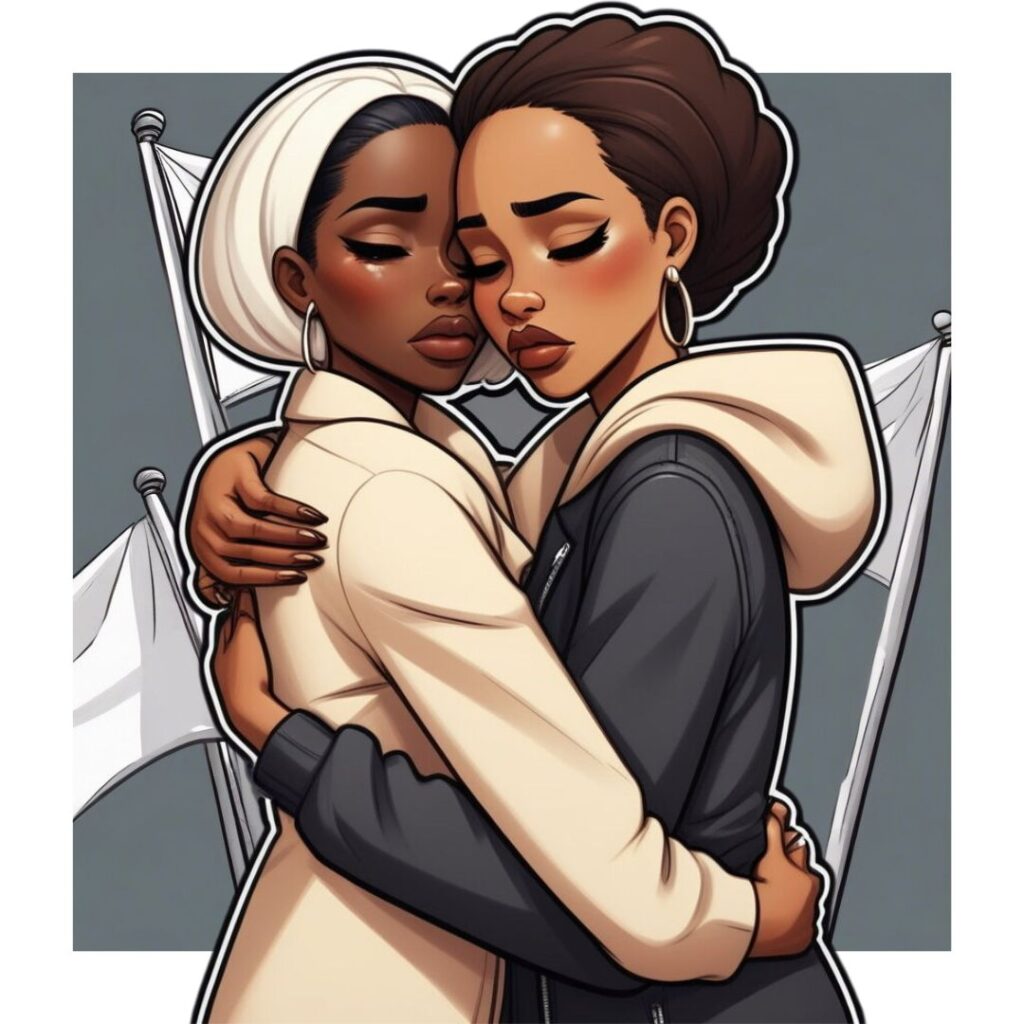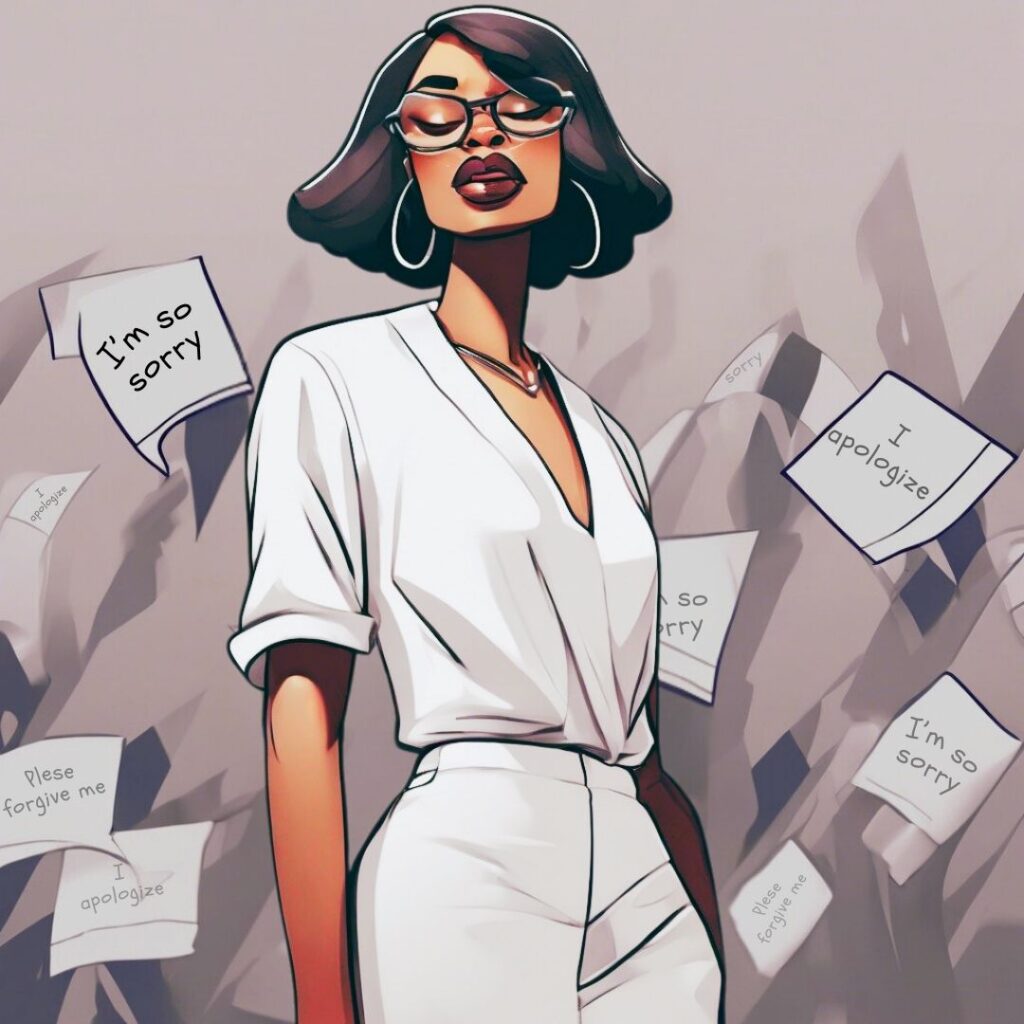Listen to this article.
I had worked alongside her for over a decade. We weren’t just coworkers—we had shared lunches, vented about office frustrations, celebrated each other’s milestones. So when our disagreement escalated into something more—a standoff of sharp words and wounded pride—I never imagined it would stretch into silence.
Days passed. Then weeks. We moved around each other in the office like strangers, each refusing to be the first to bend. And though I told myself I had done nothing wrong, that she should be the one to apologize, I felt it—the weight of unresolved tension pressing against me every time I saw her.

I had every excuse not to say I’m sorry. But deep down, I knew the truth: the apology wasn’t just about who was right or wrong. It was about valuing the connection we once had. It was about acknowledging the hurt I had contributed to, even if I hadn’t meant to.
And when I finally put pride aside and said those words, I could see it—the way her shoulders dropped, the way her guarded expression softened, the way the silence between us became something else entirely. A bridge instead of a wall.

Why Apologizing Matters
Apologies don’t undo the past, but they do offer something sacred—the chance to heal, to mend, to restore. When we offer a sincere apology, we aren’t just admitting fault. We are saying:
• I see you.
• I recognize the hurt I caused.
• I take responsibility.
• You matter to me more than my pride.
I once read that apologies are like the stitches in a torn fabric—small, careful acts of repair that hold everything together. Without them, the wound remains open, frayed, and raw.

The Fear of Apologizing
There was a time when I thought an apology would make me look weak. I had hurt a friend—deeply, carelessly—and I knew it. But the words wouldn’t come. Every time I thought about saying sorry, my mind flooded with defenses: Well, they hurt me too. It wasn’t intentional. If they really knew my heart, they’d understand.
But the truth is, my unwillingness to apologize had nothing to do with logic and everything to do with fear. Fear of rejection. Fear that my apology wouldn’t be enough. Fear that acknowledging my wrong would make me small.
By the time I gathered the courage to say the words, years had passed. The distance between us had grown wide and silent. And though my apology was accepted, the relationship never returned to what it had been.
Some apologies, I learned too late, have an expiration date.

How to Apologize with Authenticity
But the hardest part of an apology isn’t just saying the words—it’s making sure they truly mean something.
A true apology is more than just words. It is a bridge—built with humility, sincerity, and a willingness to make things right.
- Acknowledge the harm – Be specific. “I know I hurt you when I said those things.”
- Take responsibility – No excuses. No “but you did this too.” Just own it.
- Express remorse – Make it clear that you truly regret the pain you caused.
- Ask how you can make it right – Sometimes words aren’t enough. Actions seal the apology.
- Commit to doing better – Let them see the change in you.
An apology that lacks sincerity is just noise. People can feel when you’re speaking from the heart—and when you’re just saying the words to move past the discomfort.

Apologizing Is Healing—for Both Sides
I once spoke to a woman who had been carrying the weight of an unspoken apology for over thirty years. She had wronged someone she once loved, but pride had kept her from making amends. Now, in the quiet of old age, she longed for the chance to say I’m sorry.
“But it’s too late,” she whispered, tears slipping down her wrinkled cheeks. “I don’t even know if they’re still alive.”
I took her hands in mine and told her something I wish I had told myself years ago: Sometimes the person who needs to hear your apology the most is you.
Even when we can’t go back, even when the other person is no longer there to receive it, an apology still has power. It frees us. It lets us walk a little lighter, love a little softer.

When You’re the One Who Deserves an Apology
Not every story ends with reconciliation. Sometimes, we are the ones left waiting—aching for words that never come. I’ve been there, too, sitting with the hollow space where an apology should have been.
I had a friend I loved like family, someone who knew my heart like a map. And then, one day, they hurt me in a way I never saw coming. I waited for their apology. Days turned to weeks. Weeks turned to months. And then, silence became our new language.
There is nothing lonelier than waiting for words that never arrive.
I carried that pain for a long time, like a stone in my chest. But one day, I woke up and realized: I don’t need their apology to heal. I could choose to forgive, even without an I’m sorry. I could choose to let go of the resentment that was only hurting me.
And so I did.

The Courage to Say, “I’m Sorry”
If you’ve been holding back an apology, let this be your sign.
Say the words. Make the call. Send the message. Because pride is a lonely thing to sleep beside, and regret is an even heavier blanket.
Apologies don’t make us weak. They make us whole.
And if you’re still waiting for an apology you may never receive, know this: Your healing is not tied to their words. You can still let go. You can still move forward.
Because in the end, the heaviest weight we carry isn’t the hurt itself—but the love left unspoken, the words left unsaid, the chance to make things right that we never took.
Thank you for reading and visiting the blog—I’m grateful to share this space with you. The accompanying design by Vibe Graphix adds a thoughtful touch to this message. Take what resonates, let go of what weighs you down, and embrace your journey toward clarity and freedom. 💛
